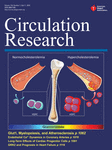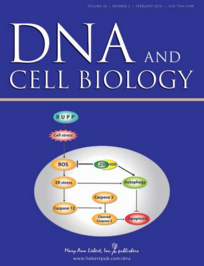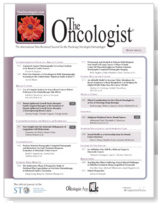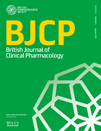A research assistant at King Saud University (KSU) has lost his job after he used material from a student’s thesis without permission or attribution in a paper.
Lakshmana Krishnappa was terminated after a disciplinary committee considered his case last November, the vice dean for postgraduate training and research at KSU told Retraction Watch. In April of last year, Krishnappa retracted a paper published in January 2015 — we think that’s the date; the journal doesn’t make it all that clear — that included plagiarized material, published in Reviews in Medical Microbiology. He recently lost a second unrelated paper for duplication.
Here’s the retraction notice for the Reviews in Medical Microbiology paper, “Acinetobacter baumannii: pathogenecity, virulence factors and their correlation with adherence and invasion:”
Continue reading Research assistant fired for using student’s thesis in a paper

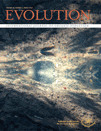

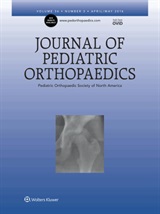 The corresponding author asked the Journal of Pediatric Orthopaedics to retract an article that found popular pain medicines can curb growth in rats, in light of an unresolved authorship dispute.
The corresponding author asked the Journal of Pediatric Orthopaedics to retract an article that found popular pain medicines can curb growth in rats, in light of an unresolved authorship dispute.